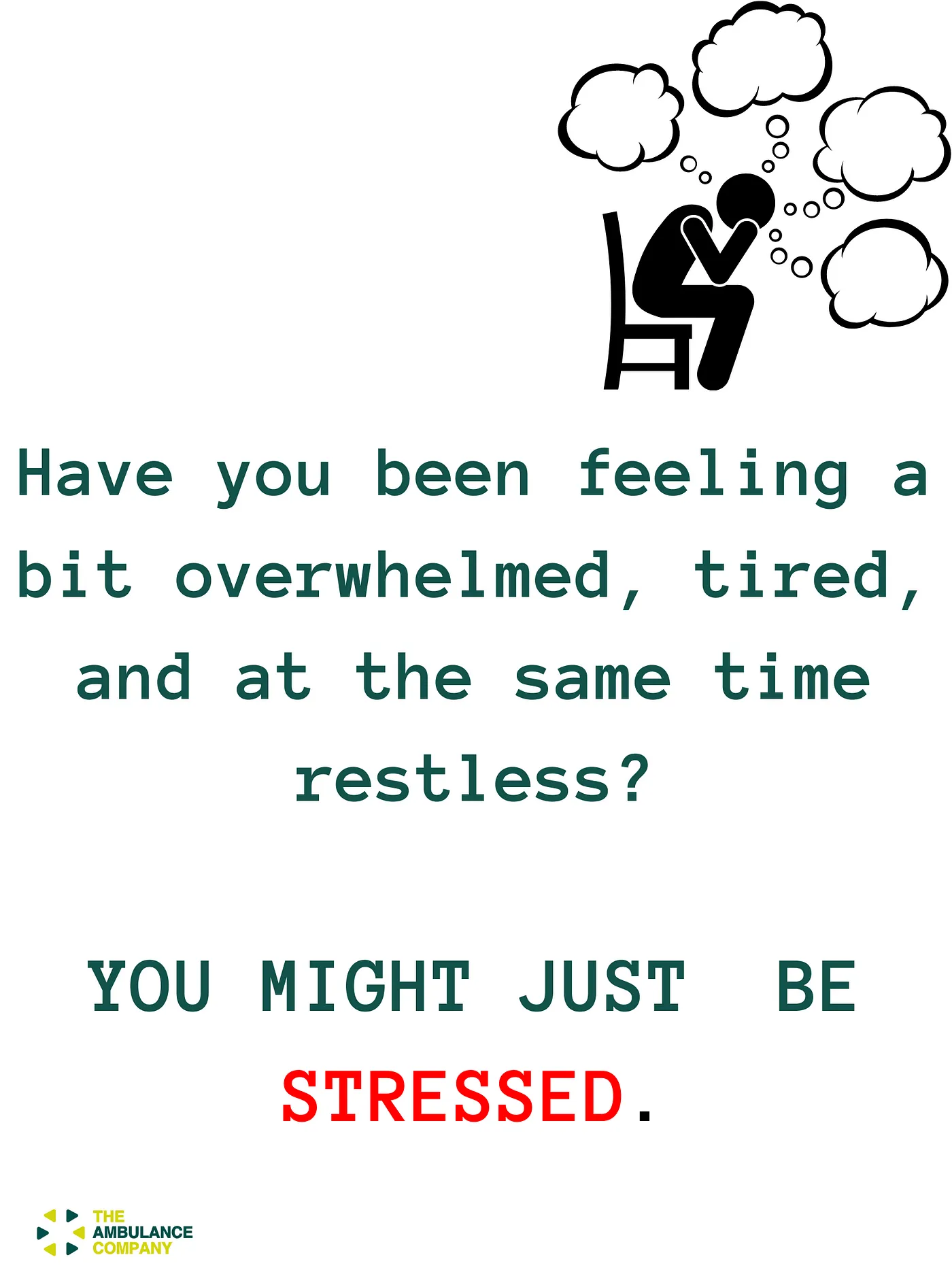Different people interpret stress differently. Stressors that affect one person may not concern another, and individuals vary in their ability to handle stress.
Getting overwhelmed occasionally is hard to avoid. Balancing work, family, and other commitments can lead to stress and exhaustion.
Our bodies are designed to handle only low levels of tension. Prolonged stress takes a toll on our body systems, leading to potential chronic health issues such as heart disease, kidney disease, high blood pressure, and stroke.
Symptoms indicating chronic stress include irritability, disrupted sleep patterns, loss of appetite, anxiety, and constant worry.
Taking time to unwind is crucial to maintain mental and physical health. Here are effective ways to relieve stress:
- Engage in regular exercise to relax both body and mind. Exercise doesn’t have to be intense; even a short walk or stretching can make a difference.
- Maintain a balanced diet, including fruits, vegetables, and foods rich in omega-3 fatty acids, known to reduce stress symptoms.
- Seek support from friends and family during stressful times to foster a sense of belonging and assistance.
- Laughter truly is the best medicine. Find opportunities to laugh and reduce tension.
- Prioritize quality sleep, as it is essential for mental and physical well-being, overall life quality, and safety.
- Practice deep breathing and incorporate meditation into your routine.
- Be kind to yourself and take regular breaks, as excessive tension can negatively impact health.
Remember, management is vital to leading a healthier and more balanced life.

